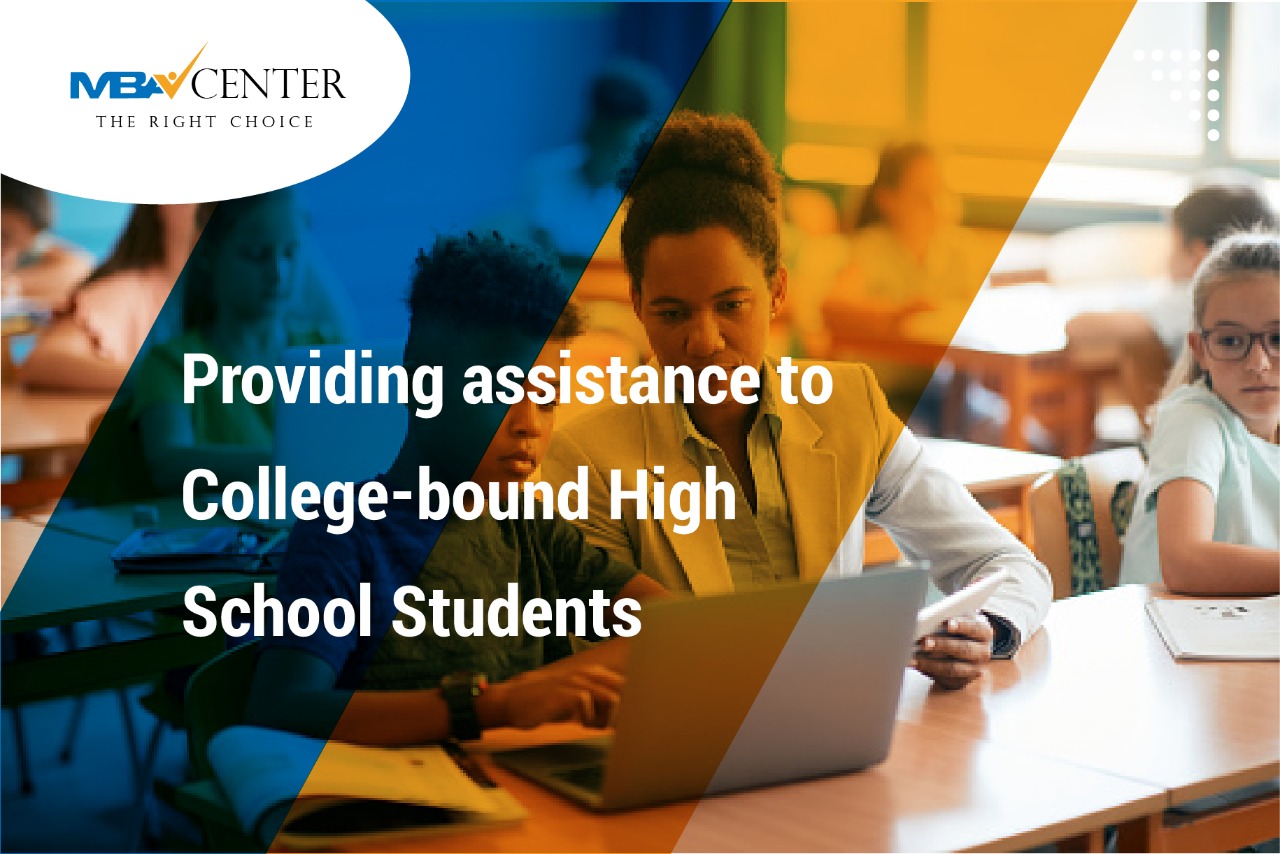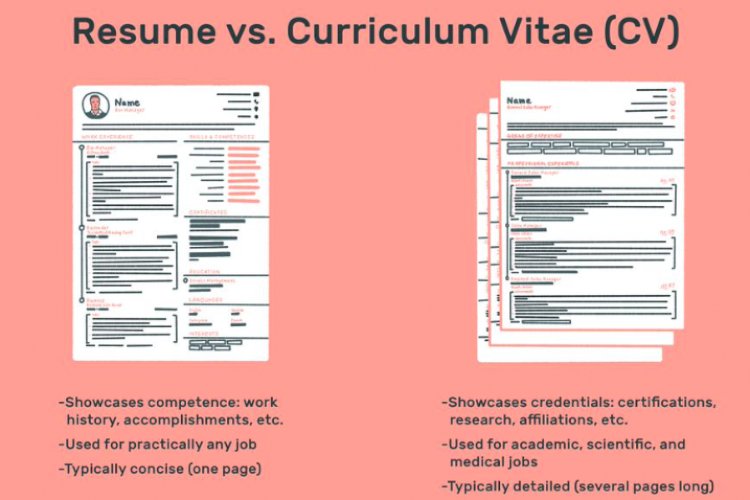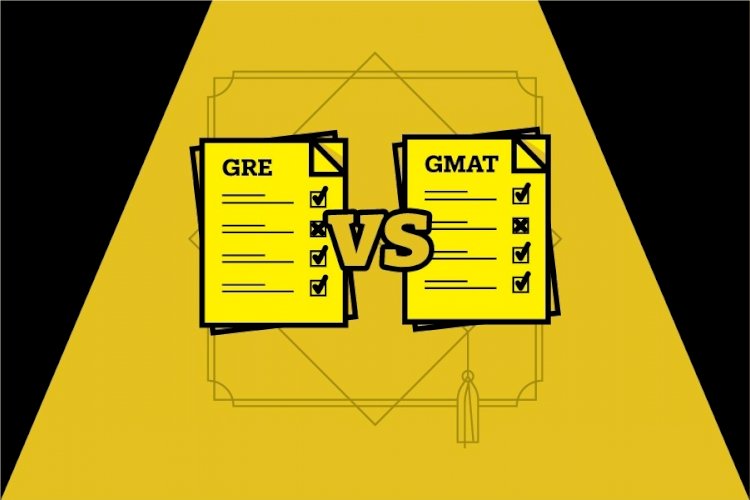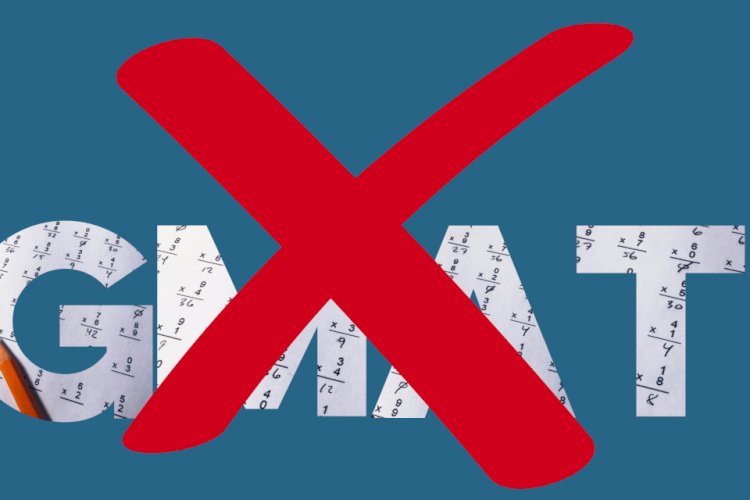
The devastating COVID-19 pandemic, which has disrupted school for the third year in a row, continues to put high school students off schedule for college admission.
The actual number of pupils who have dropped out of high school due to the epidemic is unknown, but early signs are concerning. According to a survey conducted by McKinsey & Company in June 2021, 17% of high school seniors who had previously planned to pursue higher education no longer intend to do so.
More than half the class of 2022's high school career has been disrupted. Many children have suffered from the academic obstacles and social isolation that come with distant learning and from the virus's direct influence on their families, including their parents.
According to Robyn Lady, director of student services at Chantilly High School in Fairfax County, Virginia, repairing the social-emotional gaps created by a pandemic is much more complicated than closing academic disparities. She advises parents to consider whether their children are emotionally prepared for college before enrolling them. For students who have dropped out of college, there are a few additional options.
Describe the challenges you’ve faced when applying
A college applicant's first priority should be honesty. According to Elaine Cataneo, a New Jersey education consultant who helps children narrow academic gaps, most college admissions counsellors will appreciate that. She advises kids to use college essays to be open about their difficulties and setbacks.
"They can submit a personal statement saying, 'I experienced this setback,' 'That's how I spent that year, and this is how I took advantage of it'. 'Now I'm prepared for college.' Cataneo adds, "That's the kind of person the college wants – someone who is self-aware, who has faced adversity and handled it gracefully."
Inquire about credit recovery
Enrolling in a district-mandated credit recovery program, which is usually done online, is another alternative. It will not be a deal-breaker for college admissions if you use credit recovery. College admissions officers empathise because they have families who have dealt with the aftermath of the COVID-19 pandemic.
Consider getting your GED (or a fifth year)
Students who are academically behind their peers can still complete high school. Madenberg suggests taking a fifth year to finish high school with intriguing electives if the academic difference is significant. Alternatively, if the student only needs a few courses, the General Educational Development (GED) test could be used instead of a diploma.
In the 1990s, Stotland dropped out of high school. She acquired her GED, worked for two years, and then transferred to and graduated from Harvard University after attending a small women's college in Pennsylvania. She went on to Harvard Law School and earned her degree.
Conclusion
The percentage of students returning to college for a second year plummeted to its lowest level since 2012 in 2020, and the virus's uncertainty could exacerbate the dropout epidemic. But no matter how hard COVID has hit you, these are some of the realities you should consider when applying for universities after high school.
Also read: Graduate Management Admissions Test
 MBA Center Global
MBA Center Global 
























